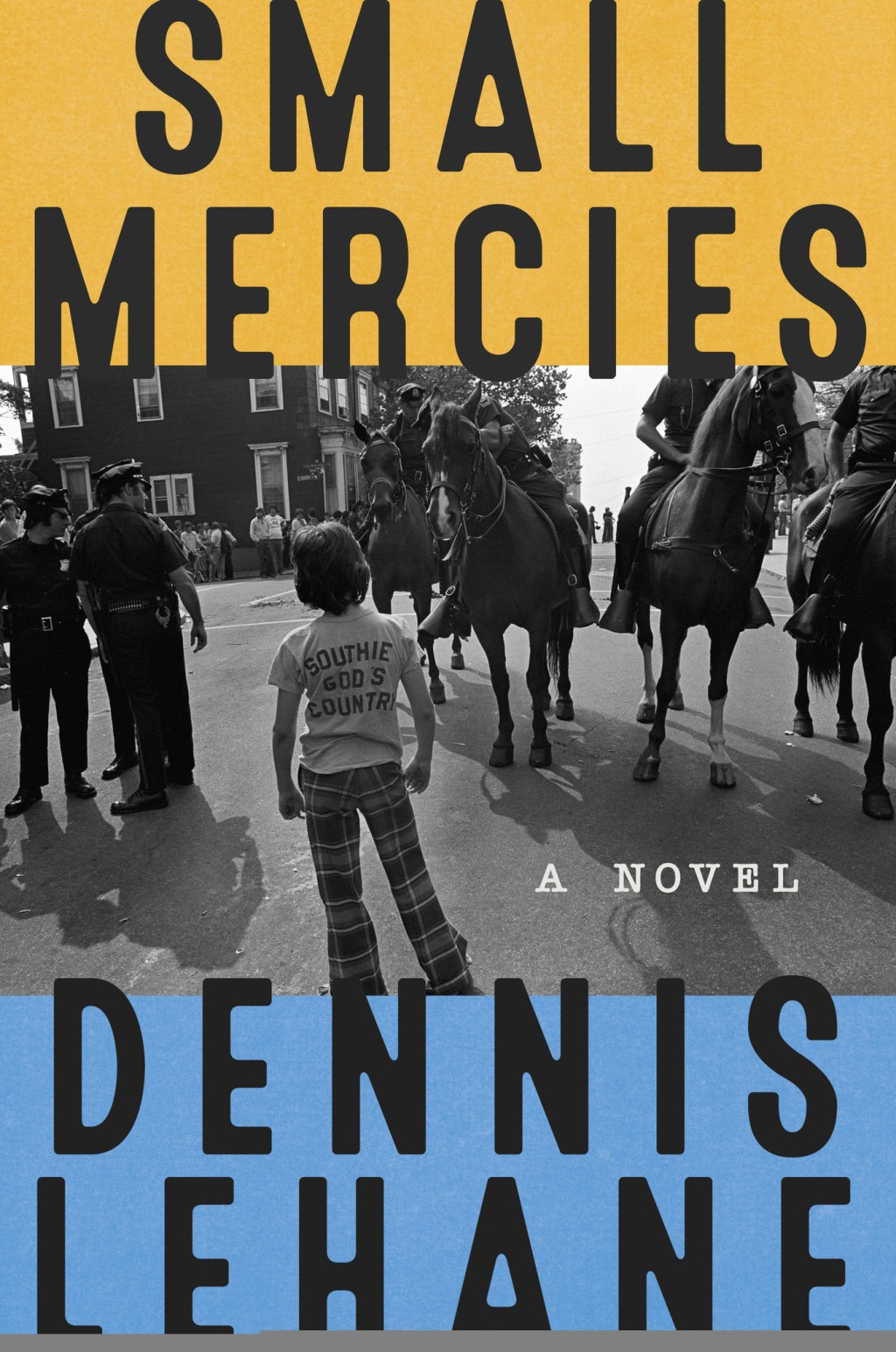Florida
Dennis Lehane’s ‘Small Mercies’ an outstanding novel

‘Small Mercies’ by Dennis Lehane. Harper. 320 pages, $28.99
After 13 best-selling thrillers, Dennis Lehane’s words have been missing from novels for the past six years; his last thriller “Since We Fell” was in 2017. Instead, Lehane turned his attention to film and TV, writing for “The Wire,” “Mr. Mercedes,” among others, and the Golden Globe–winning crime drama miniseries “Black Bird,” which he created. Lehane’s novels also have been turned into solid films such as “Gone, Baby, Gone,” “Mystic River,” “Shutter Island” and “The Drop” (2014), based on his short story “Animal Rescue.”
With the outstanding “Small Mercies,” Lehane returns to novels, using a region that he knows well — South Boston. As is Lehane’s style, “Small Mercies” is an unsentimental view of the area known as “Southie,” an in-depth examination of the very flawed residents and an unflinching look at the violence that erupts. Lehane tells the story of real people, embracing their failings and imperfections — many imperfections — but also offering a semblance of hope. It’s hope that doesn’t suggest a happily ever after ending, but hope that there is a future and it will be better.

Set during the summer of 1974, “Small Mercies” captures the time that Boston’s public schools were court-ordered to desegregate with the beginning of student busing. The court order sparked protests, rallies and riots that, in “Small Mercies,” are organized by mob boss Marty Butler and his associates.
That background allows Lehane the opportunity to examine deep-seated racism that permeates the neighborhood. While the protests occupy the residents and criminals, 42-year-old single mother Mary Pat Fennessy is more concerned that her 17-year-old daughter, Jules, is missing. Jules is the reason Mary Pat gets through each mind-numbing day. “It is her belief that Jules was the best part of her. That Jules was better” than her first husband who died, than her son, who overdosed shortly after returning from Vietnam, and her second husband who recently left her.
Jules’ disappearance coincides with the death of a young Black man, whose body was discovered in a nearby subway station, “the dividing line between Southie and Dorchester on the eve of busing.” Mary Pat begins her own investigation into Jules’ disappearance, regardless of the harm it may bring to the neighborhood or herself.
Rage and hate consume Mary Pat, who directs her feelings for just about everything and everyone — the desegregation order, her neighbors, her job and the violence that so causally infiltrates Southie meted out by brutal people she has known all her life. This is the life she inherited and she is realizing she may have passed these “hand grenades of hate and stupidity” on to Jules.
Lehane delivers an uncomfortable, engrossing look at the destructive nature of racism and hate in an intimate plot. “Small Mercies” centers on Mary Pat but its themes go beyond her.
“Small Mercies” may have a second life as, according to several reports, Lehane is creating a series based on the novel, among other projects.
Listen to the author
Spend a virtual evening with Dennis Lehane discussing “Small Mercies” in conversation with author Gillian Flynn (“Gone Girl”) at 8 p.m. April 25 through Coral Gables’ Books & Books partnering with Miami Book Fair and other bookstores across the country. Ticket is $30, which includes a copy of “Small Mercies.” Visit booksandbooks.com/event for more information.
Oline H. Cogdill can be reached at olinecog@aol.com.













You must be logged in to post a comment Login